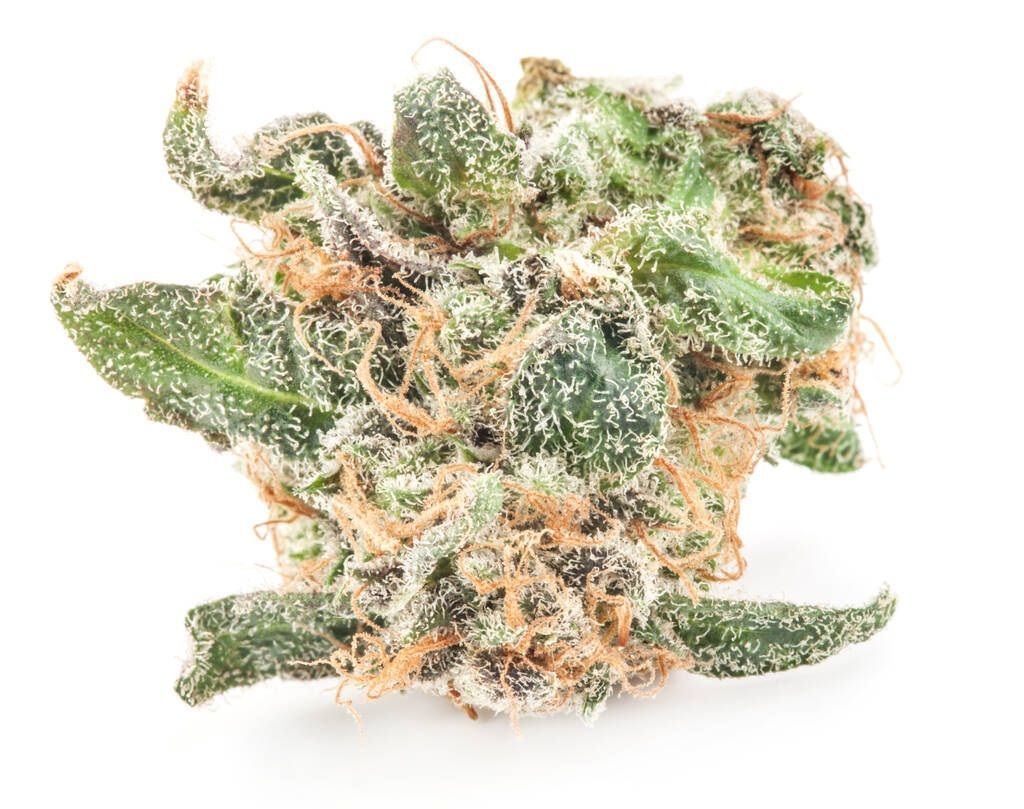As the November elections approach, the potential for a significant shift in marijuana policy looms large.
 If the Democrats gain control of the US House of Representatives and retain the Senate and presidency, several key federal marijuana bills are poised to make substantial progress and potentially be enacted into law.
If the Democrats gain control of the US House of Representatives and retain the Senate and presidency, several key federal marijuana bills are poised to make substantial progress and potentially be enacted into law.
Here are five bills that could transform federal marijuana laws if Democrats gain control.
1. The Marijuana Opportunity Reinvestment and Expungement (MORE) Act: House of Representatives
The MORE Act, with 89 sponsors, aims to decriminalize marijuana at the federal level by removing it from the Controlled Substances Act. It seeks to address the social and economic injustices caused by the War on Drugs by including provisions for expunging the records of individuals with prior marijuana convictions. Additionally, the MORE Act proposes reinvesting in communities disproportionately affected by drug enforcement and establishing a federal tax on marijuana sales to fund these initiatives.
If passed, the MORE Act would not only decriminalize marijuana but also create a pathway for states to legalize and regulate it without federal interference, potentially leading to a more equitable and just approach to marijuana policy nationwide.
2. The Cannabis Administration and Opportunity Act (CAOA): Senate
The CAOA, introduced by Senate Majority Leader Chuck Schumer and backed by 18 sponsors, is another comprehensive bill aiming to end federal prohibition of marijuana. This legislation proposes to remove marijuana from the list of controlled substances and establish a regulatory framework similar to that of alcohol. It also emphasizes social equity by providing funding for small businesses in the cannabis industry, particularly those owned by individuals from communities historically targeted by the War on Drugs.
The CAOA includes measures to prevent youth access and funds public health research into the impacts of cannabis use. If enacted, this bill would represent a significant step towards a regulated and equitable marijuana market.
If the Democrats take control of Congress, it’s unclear if they are more likely to push the MORE Act or the CAOA, or if they’ll work on a compromise and introduce an entirely new measure.
3. The Secure and Fair Enforcement (SAFE) Banking Act: House of Representatives
The SAFE Banking Act, with 123 sponsors, enjoys significant bipartisan support and address one of the most pressing issues facing the marijuana industry: access to banking services. Due to marijuana’s federal illegality, many banks refuse to work with cannabis businesses, forcing them to operate on a cash-only basis, which poses significant security risks and financial challenges.
The SAFE Banking Act would provide protections for financial institutions that choose to offer services to state-legal marijuana businesses. This would enable cannabis companies to access traditional banking services, loans, and credit, thereby enhancing safety and fostering growth in the industry.
4. The Secure and Fair Enforcement Regulation (SAFER) Banking Act: Senate
The SAFER Banking Act, with 36 sponsors, builds on the foundation of the SAFE Banking Act. It aims to further solidify financial protections and regulatory frameworks for cannabis-related businesses. By providing clear guidelines and safeguards, the SAFER Banking Act would help mitigate the financial risks associated with the cannabis industry, promoting a more secure and stable business environment.
5. The HOPE Act
In April 2023, the HOPE Act was filed in the House of Representatives with bipartisan support. Last month, a Senate companion bill was filed by Senator Jackie Rosen (D-NV).
The legislation would authorize the Department of Justice (DOJ) “to make grants to states and local governments to reduce the financial and administrative burden of expunging convictions for state cannabis offenses.” It would also “require DOJ to study and report on (1) the effects on an individual of a criminal record report of a conviction for a criminal offense related to cannabis, and (2) the costs incurred for incarcerating an individual for a criminal offense related to cannabis.”
Senate Leader Chuck Schumer has vowed to include the language of the HOPE Act within the language of the SAFER Banking Act before it’s considered by the full chamber, saying he’s confident it has enough support to be passed into law.






